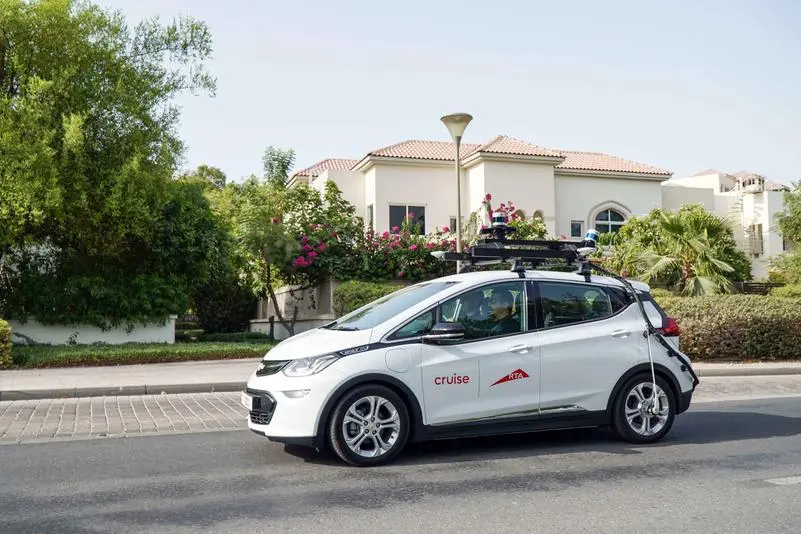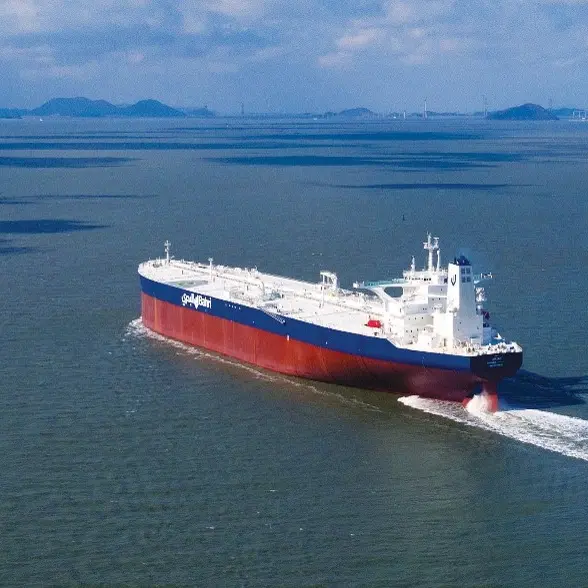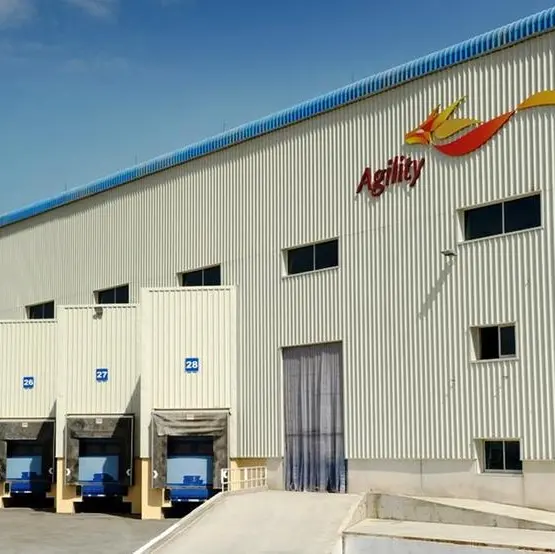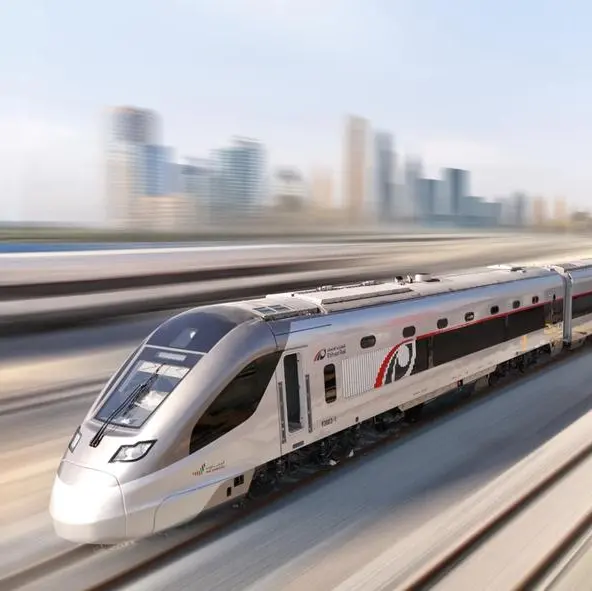PHOTO
UAE - Dubai's Roads and Transport Authority (RTA) has announced that Cruise, the self-driving car service, will start this month the operation of two Chevrolet Bolt electric vehicles (EVs) to prepare digital maps for its self-driving vehicles.
This comes following a recent agreement signed between RTA and Cruise, General Motors’ (GM) majority-owned autonomous vehicle subsidiary, to operate autonomous vehicles as taxi and e-Hail services in Dubai.
The process is a prelude for the launch of the actual service in 2023, rendering Dubai the first city in the world to commercially operate Cruise self-driving vehicles outside America, said a statement from RTA.
The two Chevrolet Bolt EVs will be initially deployed on Jumeirah streets and driven by specialist drivers. Cruise’s technology uses a high-resolution map of the physical environment, which is created using specialised mapping vehicles equipped with a suite of sensors including LiDAR, camera, and others, and are driven throughout the city to collect data, which is then used to create and maintain a navigable map for autonomous vehicles (AVs).
Cruise shares the same vision as GM that AVs can help lead to a safe, less congested future for all, delivering enormous benefits for society in the form of increased safety and access to transportation. These efforts will clearly advance GM’s vision of zero crashes, zero emissions and zero congestion.
Mattar Al Tayer, Director-General, Chairman of the Board of Executive Directors of RTA, said: "Preparing digital maps is an essential step in the process of operating self-driving Cruise Origin vehicles, which will be deployed in limited numbers next year to offer taxi and e-Hail services."
"We have plans to increase the number of deployed vehicles gradually to reach up to 4000 vehicles by 2030, and enhancing Dubai’s pioneering role in self-driving transport. It is an important step towards realising the Dubai Smart Self-Driving Transport Strategy aimed to transform 25 percent of total mobility journeys in Dubai into journeys on various self-driving transport means by 2030," he stated.
"The operation of autonomous vehicles contributes to the integration of transport systems by easing the mobility of public transport riders and helping them to reach their final destinations. It fits well with RTA’s first and last-mile strategy approved last year relating to the first and last sectors of journeys from and to the nearest public transport points. It consists of two sections: groups and individuals," Al Tayer added.
Copyright 2022 Al Hilal Publishing and Marketing Group Provided by SyndiGate Media Inc. (Syndigate.info).





















